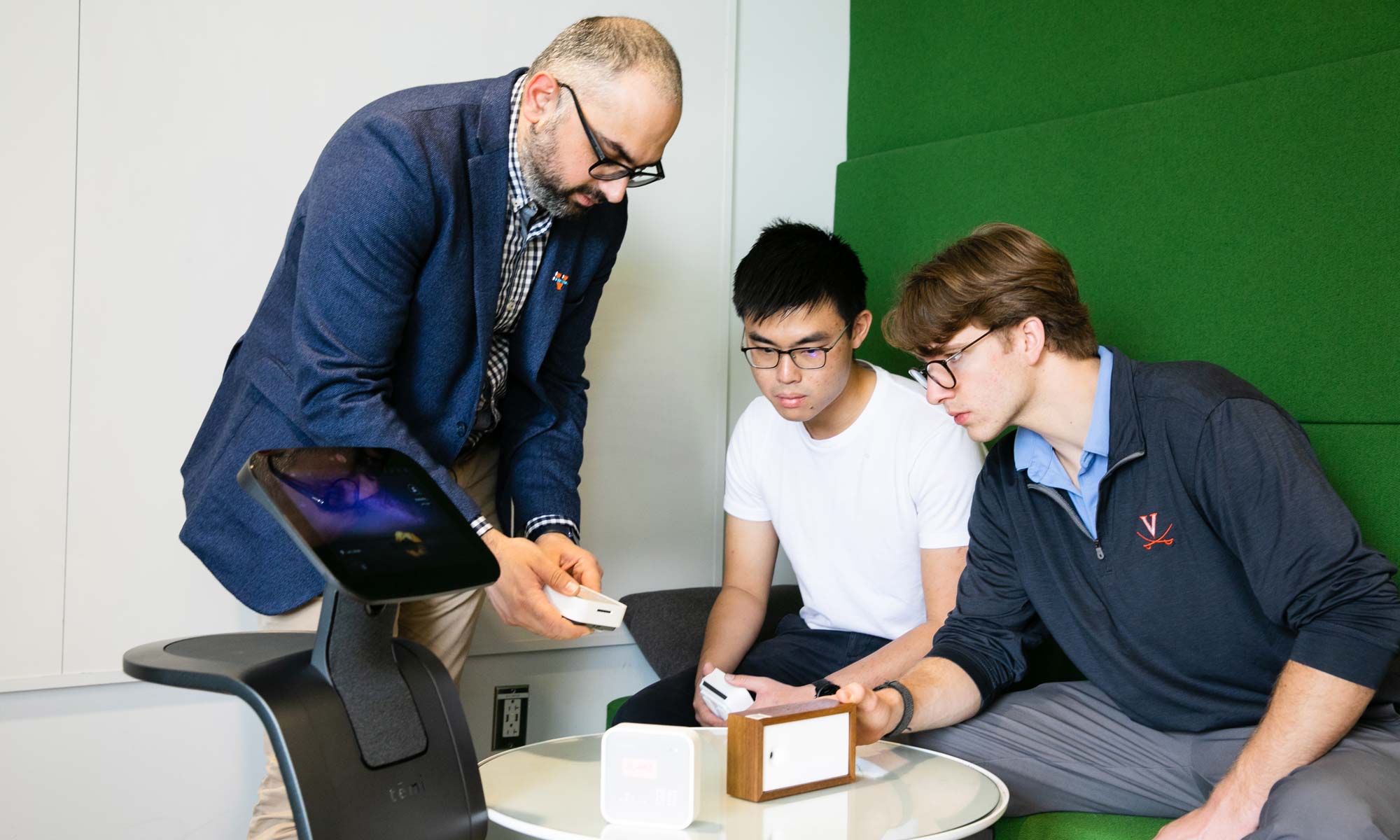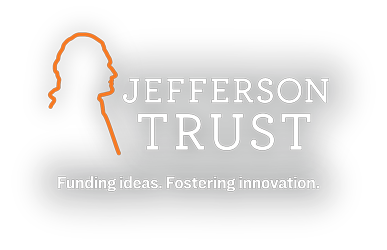
Women in Computing Sciences (WiCS) is a student-led organization that supports, celebrates, and encourages the growing community of women in computing and technology fields. Through this organization, two of its current student leaders found their place and majors at UVA, which has motivated them to grow and give back to an organization that has meant so much to them. Emily admits, “going to an early hackathon made me realize there is more to computer science than tests, assignments, and theories. The field is vast, practical, and exciting! I wanted to pass on what I had learned to others as a hackathon co-chair, helping create WiCS very own hackathon.”
It was this motivation that led WiCS to apply to the Jefferson Trust in the inaugural round of Flash Funding in spring 2019. Gabby admitted, “We realized we didn’t have enough funds for our spring hackathon…It was our first time planning an event for nearly 60 attendees. In order to build a spectacular event, we needed another source of funding. Luckily, Jefferson Trust’s mission to improve the UVA student experience aligned with our own, so we took the opportunity to apply.” Upon applying for their grant (and receiving funding), the primary goal for WiCS was to “create a positive space where students could make mistakes and not be afraid to try something new.” They wanted to host a hackathon that inspired students, specifically minorities and underrepresented groups to pursue computer science and related tech fields.
Post-event, Gabby and Emily see their “Hack to the Future Hackathon” as a great success! It was the third hackathon WiCS has done as an organization, and the group had nearly 60 participants; 60% that were female and over 70% of registrants of a minority ethnicity. The team was also impressed with how successful the event was, considering how young their team of planners were. Gabby and Emily shared, “Our hackathon committee was made up of primarily first-years and women who were unfamiliar with how hackathons worked. No one from our team had ever been tasked to create a hackathon before…In general, we learned that a group of hardworking people with big tasks to accomplish can achieve whatever they put their minds to, and this was surprising given how young and new our team was.”

Impact like this—immediate use funds focused on student projects, enhancing the student experience—is what led the Jefferson Trust to create the Flash Funding Cycle. Funding from the Trust allowed WiCS’s event to happen, and it also “allowed the event to be successful in that many of the women who helped plan the event or attend the event, got funneled into higher leadership roles in the WiCS community afterwards.” The event was also acknowledged with a letter from the Seven Society recognizing the organization’s contributions to minorities and underrepresented groups in the technology space.
The Jefferson Trust looks forward to supporting other student-focused projects through Flash Funding in the spring of 2020. Visit https://jeffersontrust.org/apply/ for more information, or attend one of our upcoming Flash Funding info. sessions in Clemons Library:
- Thursday 11/21 @ 5pm
- Sunday 11/24 @ 3pm
- Tuesday 12/3 @5pm
- Thursday 12/5 @5pm


